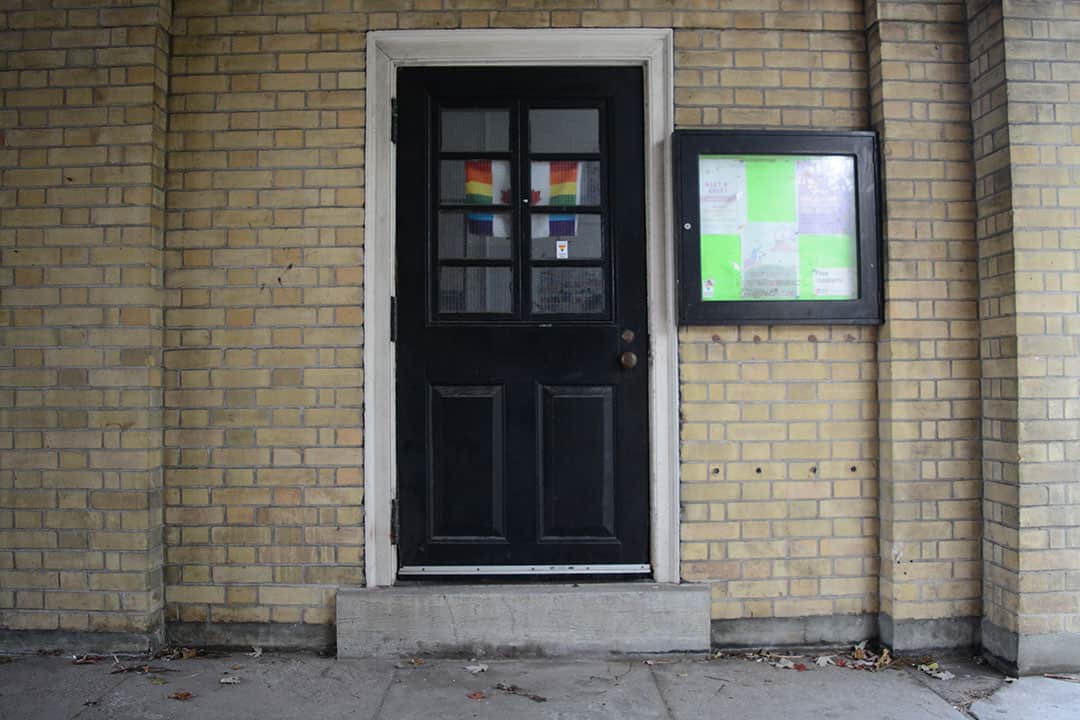Campus group Lesbians, Gays, Bisexuals, and Trans People of the University of Toronto (LGBTOUT) is headed to the Supreme Court of Canada on November 30 to act as an intervenor on a court case involving Trinity Western University.
The university’s law school was denied accreditation from the Law Society of Upper Canada and the Law Society in British Columbia, which cited discrimination due to the school’s policy requiring students to sign a covenant forbidding homosexual acts. Trinity Western subsequently appealed the decisions; the BC law society’s decision to refuse accreditation was overruled by the BC court of appeals, but the Ontario Court of Appeals upheld the Law Society of Upper Canada’s decision. As a result, the case will now go before the Supreme Court of Canada.
LGBTOUT was approached by lawyers involved in the case to ask them to act as intervenors. An intervenor on a Supreme Court case is meant to provide perspective that the two parties involved do not bring to the case. In this instance, LGBTOUT was deemed to help bring the perspective of LGBTQ+ students.
LGBTOUT is the longest-standing student LGBTQ+ group in Canada. “We are an LGBT student group, so we’re hoping that our arguments that we make show that LGBT students’ voices are being represented,” said Gaby Garcia-Casanova, the group’s Public Relations Director.
Richard Moon, a law professor at the University of Windsor who specializes in religious law, argues that, if there are a limited number of potential law school positions in Canada and a whole law school’s worth of positions are available under the condition where they would be required to sign the covenant, then there may be a basis for discrimination.
The most relevant precedent to this case was Trinity Western’s teaching school. The British Columbia College of Teachers refused to accredit the teacher training programs on the same basis as the Law Society of Upper Canada — that the covenant was discriminatory. In this earlier case, the Supreme Court ruled in favour of the university.
Moon believes that Trinity Western will base a large portion of their argument on this earlier ruling.
For its application, LGBTOUT was required to compile all of its arguments into a factum that they submitted to the Supreme Court in the form of an application.
Initially, its request to leave to intervene was denied. Chief Justice Wagner overturned the decision and released a statement explaining that it had come to the decision that its perspective should be included in the hearing.
The hearing, scheduled to be held from November 30 to December 1, will determine whether Trinity Western has the freedom to receive accreditation with the covenant in place or if the Law Society of Upper Canada is correct in its claim that the policy is discriminatory.


